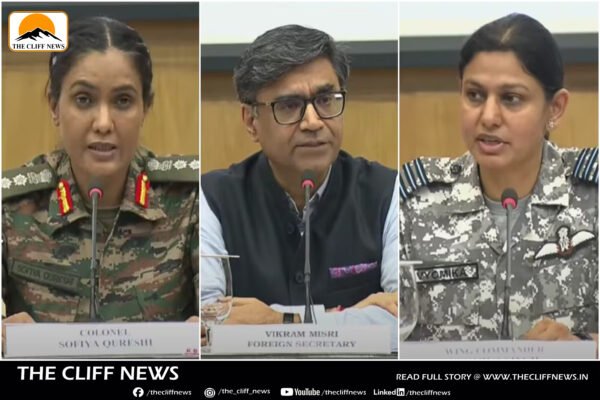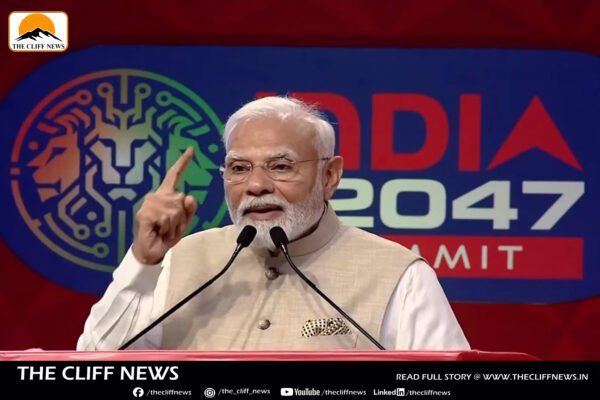A gunfight is currently underway in the Shopian district of Jammu and Kashmir
A gunfight is currently underway in the Shopian district of Jammu and Kashmir, where Indian security forces are engaged with four terrorists, sources in the security establishment have confirmed. The encounter began in Kulgam but shifted to a dense forested area in Shopian, where the situation remains tense and fluid. Key Highlights: Timing and Context: Operation Sindoor’s Aftermath This latest encounter comes on the heels of Operation Sindoor, India’s assertive response to the Pahalgam terror attack, in which 26 civilians were killed. The broader context: PM Modi’s Address and the “New Normal” In a nationally televised address, Prime Minister Narendra Modi declared that Operation Sindoor has redefined India’s approach to terrorism. Key takeaways from his speech: “India will strike precisely and decisively… The world has again seen the ugly face of Pakistan,” PM Modi said, highlighting that top Pakistani army officers were seen paying respects to terrorists, a clear indication of state-sponsored terrorism, according to India. Current Implications This encounter in Shopian may be part of a larger counterterrorism push in the region, reinforcing the government’s zero-tolerance policy post-Operation Sindoor. The location shift from Kulgam to Shopian indicates the mobility and possible coordination among terror outfits attempting to evade Indian forces. Security analysts believe this could also be an attempt by Pakistan-backed elements to test India’s resolve in the wake of recent escalations. The Indian armed forces, however, have signaled unwavering vigilance and readiness to escalate if provoked again. I’ll continue to monitor the situation and update you as more verified information becomes available. Let me know if you’d like a real-time timeline or deeper analysis of India-Pakistan tensions post-Operation Sindoor.










